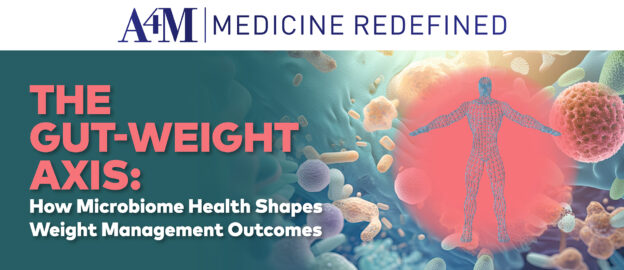The eagerly awaited A4M October Symposium is set to return to the luxurious Encore Boston between October 24-26, 2024. An exceptional and diverse agenda awaits, offering participants a selection of expert-led sessions on cutting-edge topics in functional anti-aging medicine and the latest advancements in each relevant specialty area.
Featuring learner-favorite courses and practice-enhancing certifications and masterclasses, the October Symposium agenda is crafted to impart actionable skills that directly translate into clinical practice. Participants can look forward to: Continue reading



